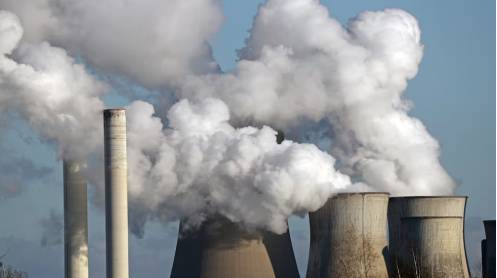TURIN, (Reuters) – Energy ministers from the Group of Seven (G7) major democracies have reached a landmark agreement to phase out coal-fired power plants by the first half of the 2030s, marking a significant stride towards a global transition away from fossil fuels. Italian Energy Minister Gilberto Pichetto Fratin, chairing the G7 ministerial meeting in Turin, confirmed a technical agreement with plans to finalize the political deal on Tuesday.
The upcoming final communique from the ministers will outline the G7’s commitments to decarbonize their economies, including the phased shutdown of coal plants. Additionally, discussions are underway regarding potential restrictions on Russian liquefied natural gas imports to Europe, with details expected in the near term from the European Commission.
The agreement on coal aligns with the COP28 United Nations climate summit’s objectives to phase out fossil fuels, prioritizing actions to mitigate environmental impact. Italy, for instance, aims to cease coal production by 2025, except in Sardinia, where the deadline is 2028. Germany and Japan, with higher reliance on coal for electricity, will also transition away from this fuel source.
Nuclear energy and biofuels are part of Italy’s broader decarbonization agenda, offering options for G7 nations to reduce carbon emissions in power generation and transportation. Moreover, there may be discussions about the need to significantly increase battery capacity by 2030 to store renewable energy effectively.





